Areas we treat
The Prostate
Urological Conditions & Treatments:
- Prostate Cancer
- Prostatitis
- Benign Prostatic Hyperplasia (BPH) or enlarged prostate
- Transperineal laser ablation of the prostate
- Radical Robotic Prostatectomy
- High Intensity Focused Ultrasound (HIFU)
- Multidisciplinary Approach to Prostate Cancer
- Transurethral Resection of Prostate (TURP)
- Prostate Mapping Biopsies (Template Guided Biopsies)
Please contact us on 0207 603 6067 for further information

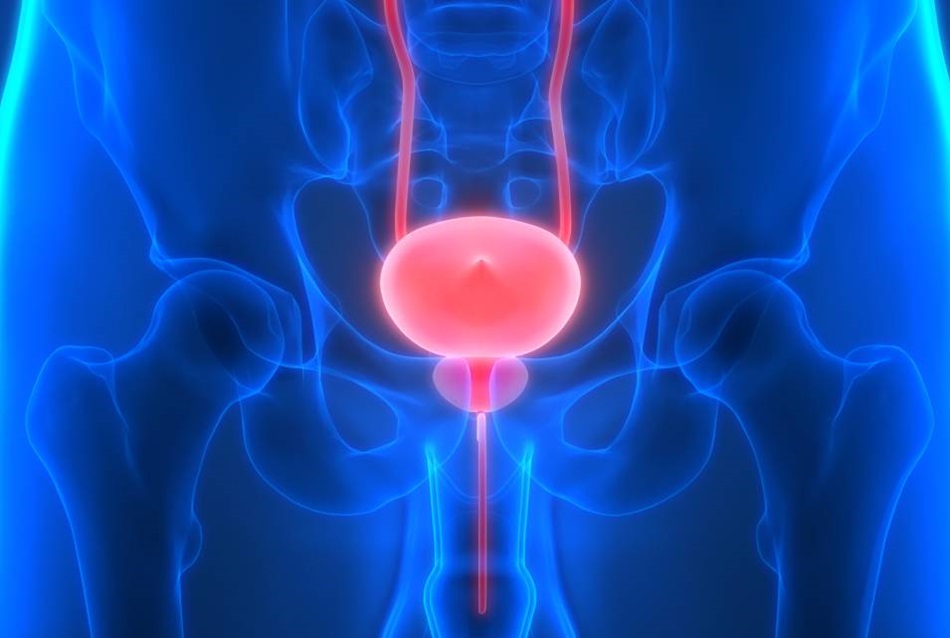
The Kidneys and Ureters
The kidneys perform many functions to keep the blood clean and chemically balanced.
Urological Conditions & Treatments:
- Kidney Stones
- Extracorporeal Shockwave Lithotripsy (ESWL)
- Robotic Pyeloplasty
- Ureterorenoscopy
- Ureteroscopy
- Urethroplasty
Please contact us on 0207 603 6067 for further information
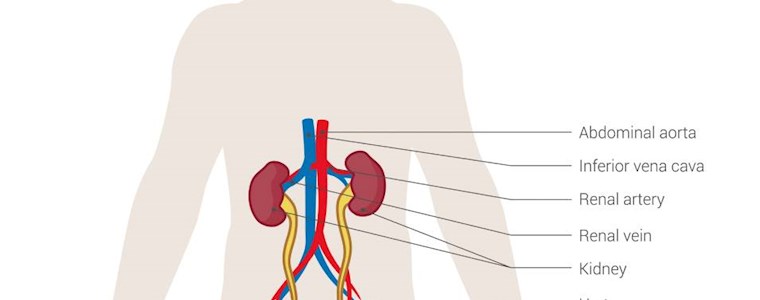
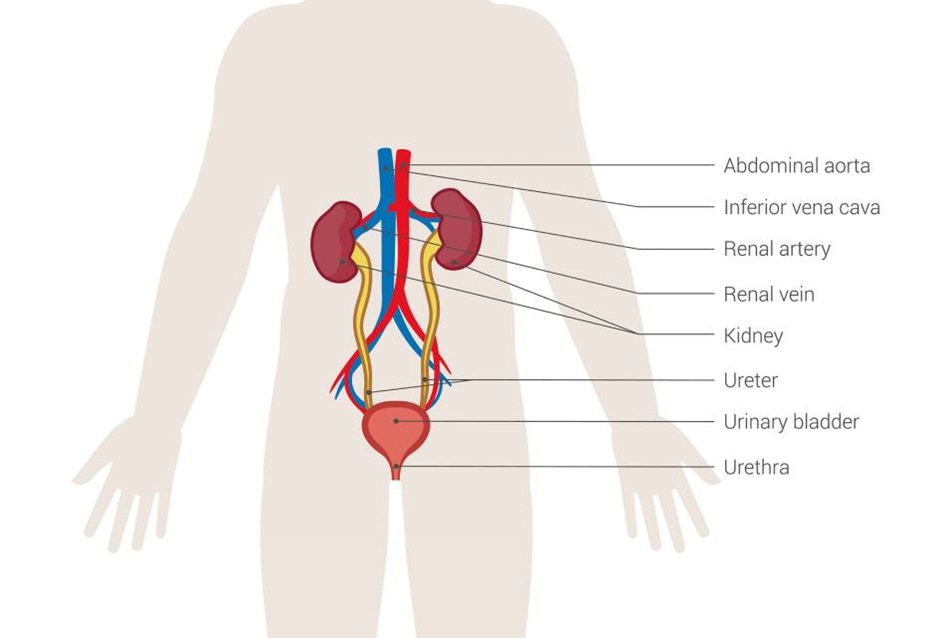
The Bladder and Urethra
Urine is made up of water and waste products that your body does not need. It is produced in the kidneys and travels down to the bladder via tubes called ureters. When the bladder is full enough to empty, or you feel the need to pass urine, the urine travels out of the bladder, and subsequently the body, via another tube called the urethra.
The urethra is the tube which connects the bladder with the outside of the body. The urethra allows urine to pass to the outside and, in men, allows passage of semen as well.
Urological Conditions & Treatments:
- Bladder Cancer
- Overactive Bladder
- Urinary Infections (UTI)
- Lower Urinary Tract Symptoms
- Transurethral Resection of Bladder Tumour (TURBT)
- Bladder Neck Incision
- Cystectomy and Neobladder Formation
- Cystoscopy under GA
- Flexible Cystoscopy
- Transurethral Therapy Treatment of Early Bladder Cancer
- Intravesical Chemotherapy
- Intravesical Immunotherapy
Please contact us on 0207 603 6067 for further information
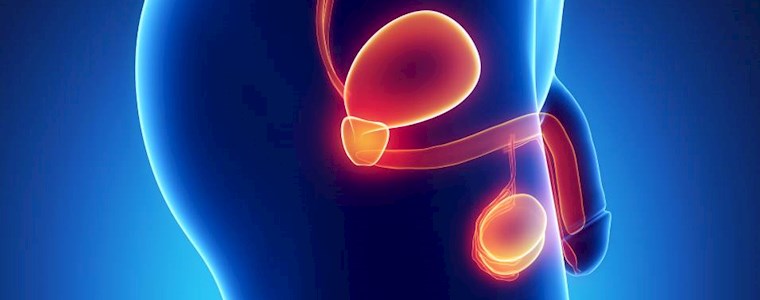
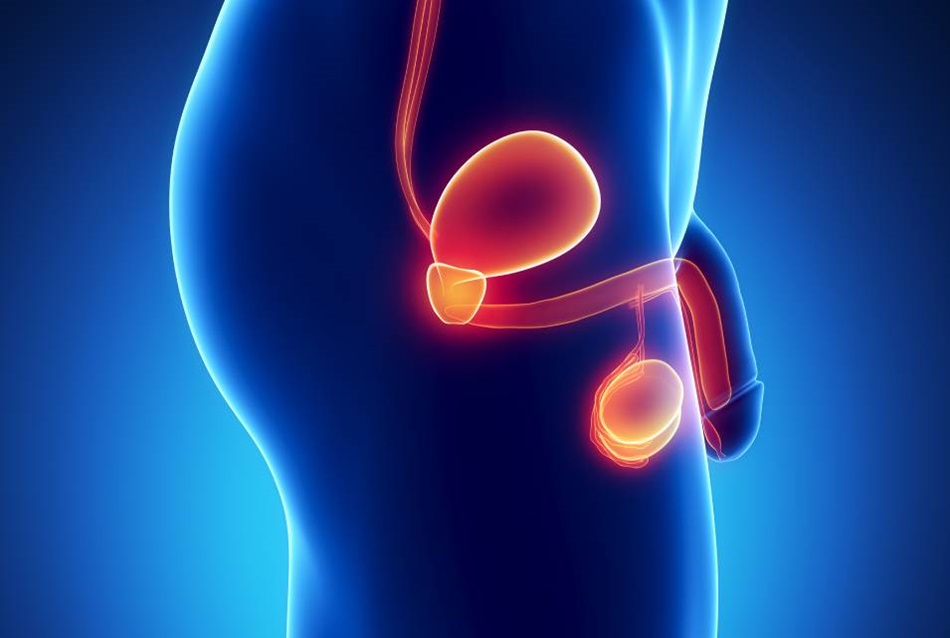
Male Reproductive System
The shaft of the penis consists of two erectile bodies called the corpus cavernosum, which comprises a mass of smooth muscle, and endothelial-lined vessels and spaces (lacunae), richly supplied with nerve endings.
The urethra, which is the channel for urine and ejaculate, runs along the underside of the corpora cavernosa and is surrounded by the corpus spongiosum. The enlarged, bulbous shaped end of the corpus spongiosum forms the glans penis. The foreskin is a loose fold of skin that adults can retract to expose the glans penis. The frenulum is the area under the penis where the foreskin is attached.
The testes hang outside the abdominal cavity of the male within the scrotum. They begin their development in the abdominal cavity but descend into the scrotal sacs during the last two months of fetal development. This is required for the production of sperm because internal body temperatures are too high to produce viable sperm.
The testes also produce the male sex hormones. The epididymis is a mass of tightly coiled tubes cupped against the testicles. It acts as a storage place for sperm before they enter the vas deferens - tubes that carry sperm from the testes to the urethra.
Urological Conditions & Treatments:
- Cancer of the Penis
- Cancer of the Testis
- Peyronie’s disease
- Sexual Dysfunction
- Epididymal Cysts
- Hydroceles
- Undescended testis
- Varicocele Circumcision
- Penile Reconstruction
- Other surgery of the penis
- Frenuloplasty
- Treatment of Peyronie’s disease
- Vacuum Devices
- Vasectomy
Please contact us on 0207 603 6067 for further information
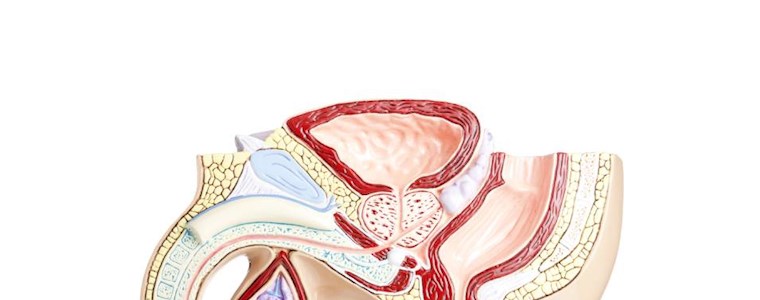
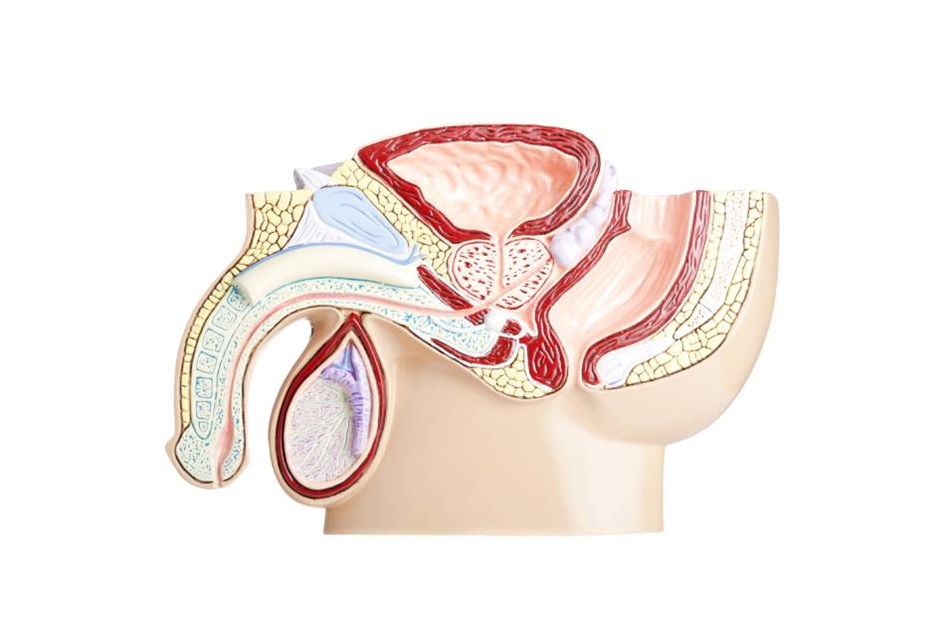
MULTIDISCIPLINARY APPROACH
With the best prostate cancer clinicians and specialists in the country gathered in one location, our Multidisciplinary Team Meetings (MDTs) ensure they provide patients who have been newly diagnosed with prostate cancer the highest quality of care. This approach guarantees patients receive information on all possible treatment options by balancing advantages with related side effects.
Mr Ogden and Mr Dinneen’s patients are discussed at the MDT to enable them to plan and deliver the most effective treatment and care for the individual patient by:
- Specialist review of all pathologic and radiographic investigations
- Review of all possible treatment options/treatment plans by expert body
- A body of opinion to support the patient in making an informed choice as to how they want to approach their disease
Both Mr Ogden and Mr Dinneen attend MDTs regularly.
ROBOTIC PROSTATE SURGERY
Less invasive than traditional surgery
When medication and other non-surgical treatments are either unavailable or cannot relieve symptoms, surgery is the accepted treatment for a broad range of conditions that affect the male reproductive organs and the organs of the urinary tract. These conditions include, but are not limited to, prostate cancer, ureteropelvic junction (UPJ) obstruction, bladder and kidney cancer and vesicoureteral reflux.
Facing any kind of urologic surgery creates a great deal of anxiety for most men.
Among your concerns: “Will my body function normally following surgery?”
Traditional open urologic surgery – in which large incisions are made to access the pelvic organs – has been the standard approach when surgery is warranted. Yet common drawbacks of this procedure include significant post-surgical pain, a lengthy recovery and an unpredictable, potentially long-term impact on continence and sexual function.
Fortunately, less invasive surgical options are available to many patients facing urologic surgery. The most common of these is laparoscopy, which uses small incisions.
While laparoscopy can be very effective for many routine procedures, limitations of this technology prevent its use for more complex urologic surgeries.
A new category of surgery, introduced with the development of the da Vinci® Surgical System, is being used by an increasing number of surgeons worldwide for prostatectomy and other urologic procedures. This minimally invasive approach, utilising the latest in surgical and robotic technologies, is ideal for delicate urologic surgery.
This includes prostatectomy, in which the target site is not only tightly confined but also surrounded by nerves affecting urinary control and sexual function. Using da Vinci®, your surgeon has a better tool to spare surrounding nerves, which may enhance both your recovery experience and clinical outcomes.
Referred to by many as robotic surgery for prostate cancer or robotic prostatectomy, da Vinci® Prostatectomy is more accurately a robot-assisted, minimally invasive surgery that is quickly becoming the preferred treatment for removal of the prostate following early diagnosis of prostate cancer.
In fact, studies suggest that da Vinci® Prostatectomy may be the most effective, least invasive prostate surgery performed today.
Though any diagnosis of cancer can be traumatic, the good news is that if your Doctor recommends prostate surgery, the cancer was probably caught early. With da Vinci® Prostatectomy, the likelihood of a complete recovery from prostate cancer without long-term side effects is, for most patients, better than it has ever been.
The da Vinci® Prostatectomy is performed with the assistance of the da Vinci® Surgical System – the latest evolution in robotics technology. The da Vinci® Surgical System enables surgeons to operate.
